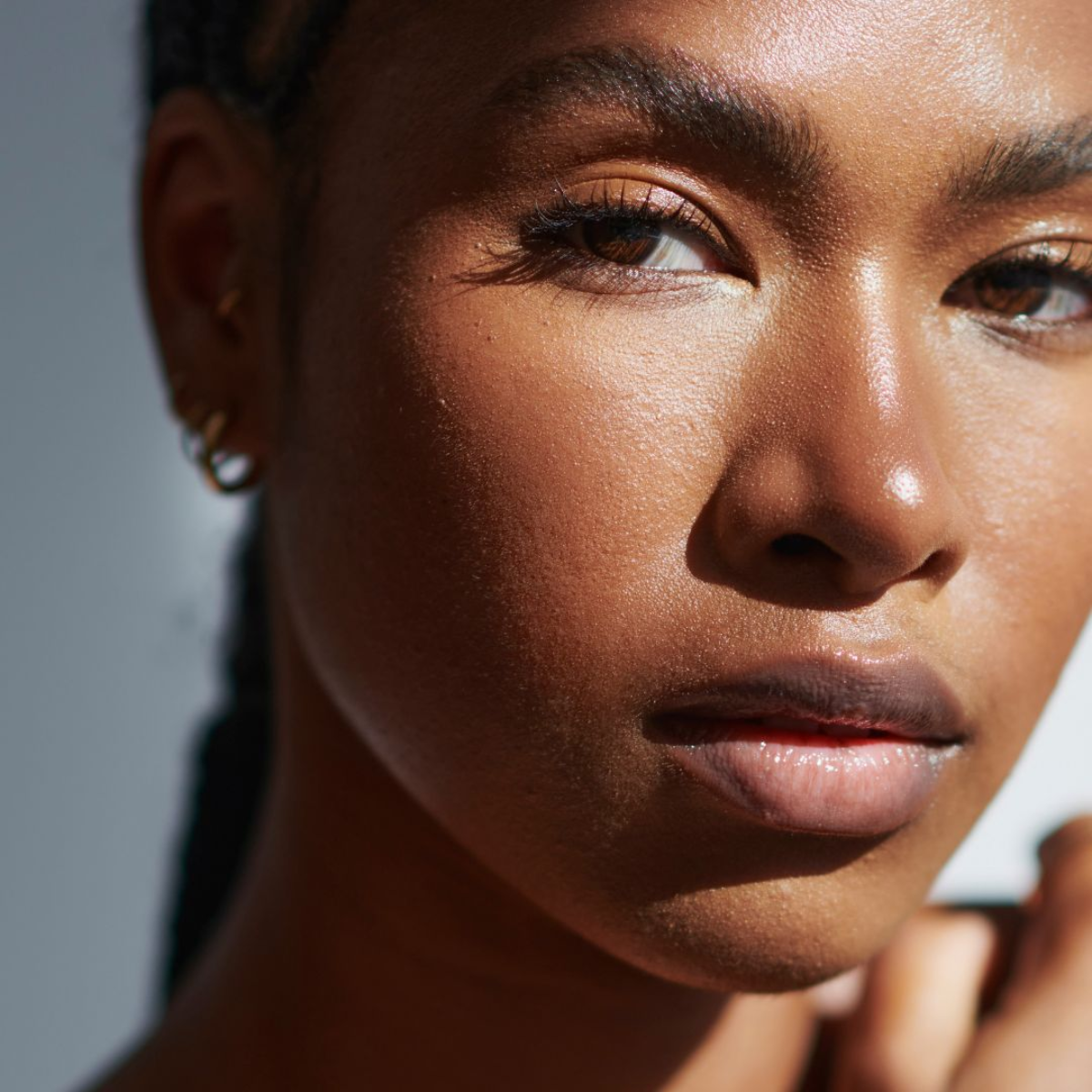The Demisexuals: 'It Takes Me Months To Feel Sexually Attracted To Anyone'
Increasing numbers of men and women are identifying as 'demisexual' - a sort of midpoint between asexuality and sexuality.

Increasing numbers of men and women are identifying as 'demisexual' - a sort of midpoint between asexuality and sexuality.
It's 9pm on a Friday night, and Sarah*, 26, is sitting in a bar with her friends. They're two thirds of their way through the elaborate cocktail menu, and there appears to be a small bonsai tree swimming in Sarah's gin. Pushing the branches out of the way, she takes a sip while her friends rant about their weeks. 'And, then he just at me, you know?' cries Julia, on the other side of the table. 'I swear, I just melted. Right into my pants.'
Of the five women in the alcove, four of them are suddenly creased in half, shrieking into their drinks. Sarah grins easily, then picks up her phone and pretends she's got a text. But when the laughter dies down and the conversation turns to work, she leans forward. 'I've got the story to tell you guys,' she says. 'So, I was in my office…'
'It happens all the time,' she tells me later. 'I have a close group of friends, and I can talk about anything with them, except sex. I just don't 'get' sex. I don't want sex, I don't need sex, I don't think about sex. I have "had" sex, but fancying work colleagues, or celebrities, or strangers in the pub just isn't something I can relate to. To be honest, just contemplating it totally grosses me out.'
As a growing number of women who identify as 'demisexual', Sarah's aversion to bedroom activities isn't a conscious decision, or a moral response to one night stands. In fact, for as long as she can remember, her response to sex has been different to that of her friends. As a teenager, she didn't stick posters on her walls and practise kissing them. She never felt giddy about whether the fit guy in Year 12 knew her name. And at a uni party, when another student she'd been talking to all night leaned in for a kiss, she pushed him away – before leaving early. 'It made me feel disgusted with him, and with myself,' she says. 'I know it sounds like an overreaction, but I just couldn't have fun after that.'
Still, sometimes – occasionally – that changes. 'I've had one sexual relationship,' she says. 'I didn't think it was ever something I'd want – I thought I was a bit broken, to be honest. But in the second year of university, I was pretty much exclusively hanging out with my friend Charlie. We spent all day texting, and every night we'd meet back up – sometimes in groups, and sometimes just us. After ten months, I suddenly felt it. I wanted to have sex with him. It was like an itch, and it wouldn't go away. The thing is, I've had plenty of close male friends before and since then, but that's the only time it's ever happened.'
Lucy*, 28, can relate. 'I've always wanted to be a mother,' she tells me. 'I love the idea of having a family and a husband, but I'm not a big fan of the sexual stuff that goes along with it. I told my friend that I wished I could have all of the above, without intercourse, and she laughed at me, and said 'but that's the best bit!' And I had to just laugh it off. I've always known I wasn't asexual – I still have some interest in sex – but I didn't know there were subcategories to that until very recently.'
Marie Claire Newsletter
Celebrity news, beauty, fashion advice, and fascinating features, delivered straight to your inbox!
Both Lucy and Sarah are keen to stress the fact that they wish they felt turned on more frequently - and that their sexuality isn't a conscious decision. 'I would love to be able to casually have a one night stand,' says Sarah. 'Or just to feel like I could meet somebody on a night out, then go on a few dates and kiss them at the end of the evening - rather than having to work up to it over the course of six months or so. It's hard to find guys who are willing to wait it out with you - especially with no guarantees that a sexual attraction will ever come. And while I know now that I'm not weird, it's still hard to feel normal.'
Wanting to fit in is exactly why Arf Gray, 25, created the online community, Demisexuality.org. After growing up and feeling like an anomaly, she wants to broaden our discussion of the term, and make society aware of its implications. 'Demisexuality is like asexuality, with exceptions,' she explains. 'There's the misconception that this is just how people "normally" behave – that it's just a matter of wanting to fall in love before you have sex – but most people can feel sexual attraction without an emotional bond, whether they decide to pursue that or not. Whereas 'demisexuals' don't experience that very often at all.'
These days Arf is in a long term, heterosexual relationship. But she says she still feels like the term 'demisexual' is important - even if she doesn't have to use it during the day-to-day. 'It's really important to help people to find a community, to feel less alone and become more secure in their identities,' she says. 'People who say that labels hold us back are typically people who don't need a label other than heterosexual. They don't understand how critical a label can be.
The leading destination for fashion, beauty, shopping and finger-on-the-pulse views on the latest issues. Marie Claire's travel content helps you delight in discovering new destinations around the globe, offering a unique – and sometimes unchartered – travel experience. From new hotel openings to the destinations tipped to take over our travel calendars, this iconic name has it covered.
-
 Selena Gomez has re-entered the conversation about her 'Emilia Pérez' criticism
Selena Gomez has re-entered the conversation about her 'Emilia Pérez' criticismBy Jenny Proudfoot
-
 I'd never run a marathon before - six years on, I'm one of the UK's fastest female marathoners. Here's how I train every week
I'd never run a marathon before - six years on, I'm one of the UK's fastest female marathoners. Here's how I train every weekSerious inspo, served.
By Ally Head
-
 There’s a big difference between sensitive and *sensitised* skin—here are four derms on the key distinctions
There’s a big difference between sensitive and *sensitised* skin—here are four derms on the key distinctionsPlus, ways to approach both
By Denise Primbet